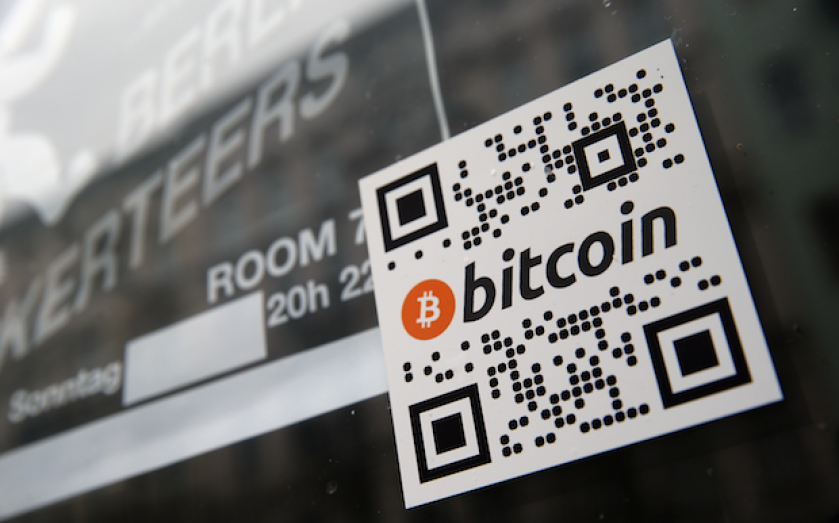Bad news mounts for Bitcoin as Japan plans tax

The bad new keeps on mounting for the world's most popular cryptocurrency Bitcoin. The Japanese government has said that Bitcoin is not a currency and some transactions using it could be taxed.
Chief cabinet secretary Yoshihide Suga, told reporters on Friday:
If there are transactions and subsequent gains, it is natural…for the finance ministry to consider how it can impose taxes.
The latest attack on Bitcoin comes in the wake of the possible unmasking of the father of the digital currency as 64-year old Japanese-American Satoshi Nakamoto, according to Newsweek. However, Nakamoto has denied any involvement in Bitcoin.
Japan follows the example of several countries that have decided to clampdown on the freewheeling cryptocurrency.
In December, Norwegian authorities announced they would be placing a tax on the virtual currency. The Norwegian tax authorities said Bitcoin would be treated as an asset that will consequently be subject to capital gains tax.
Bitcoin has also been subject to sharp criticism from European regulators. The European Banking Authority (EBA) has warned that "no specific regulatory protections exist in the European Union that would protect consumers from financial losses if a platform that exchanges or holds virtual currencies fails or goes out of business."
China’s government has been even more draconian, banning financial institutions from trading in Bitcoin.
The virtual currency has recently been dealt a series of blows that started with the closure of what was once the world's largest Bitcoin exchange MtGox. Last week, MtGox suspended trading, took it's website offline and erased the company's twitter account.
The exchange had reportedly lost 744,408 Bitcoin – roughly six per cent of Bitcoin circulation – due to problems with the exchange's software. Last Friday, the company filed for bankruptcy protection in Tokyo.
More recently, Bitcoin bank Flexcoin was forced to close after the theft of 896 Bitcoin worth £365,000. On the same day as Flexcoin announced its closure, Bitcoin company Poloniex confirmed that 12.3 per cent of its reserves had been stolen by online hackers.